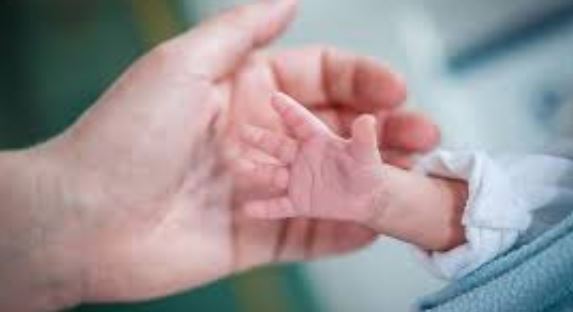While mother-to-newborn transmission of the SARS-CoV-2 is rare, newborns of expectant mothers with COVID-19 can suffer indirect adverse health risks, a new study suggests.
The study found that short-term adverse outcomes were most closely associated with preterm birth and its consequences, rather than infection of the newborn with the virus.
“We found that of babies born to mothers with COVID-19, very few babies tested positive,” said researcher Mandy Brown Belfort, Assistant Professor of Pediatrics at Harvard Medical School in the US.
“Instead, the adverse health impact of maternal COVID-19 on the newborn was from preterm delivery, usually prompted by a mother’s worsening illness,”
For the study, published in the journal JAMA Network Open, the team examined neonatal outcomes during the first month of life for babies born at 11 hospitals, the team identified 255 neonates delivered between March 1 and July 31, 2020, to mothers with a recent positive SARS-CoV-2 test result.
Out of the 255 neonates studied, 88.2 per cent were tested for SARS-CoV-2 and only 2.2 per cent had positive results.
However, while infection rates among newborns were relatively low, worsening maternal illness accounted for 73.9 per cent of preterm births.
Premature birth can often lead to acute and chronic complications, including respiratory distress, chronic health problems and developmental disabilities.
Other indicators of adverse infant health outcomes the researchers incorporated in their analysis included low birth weight or very low birth weight, need for delivery room resuscitation, length of hospital stay and healthcare utilization for non-routine visits within a month after discharge.
IANS
